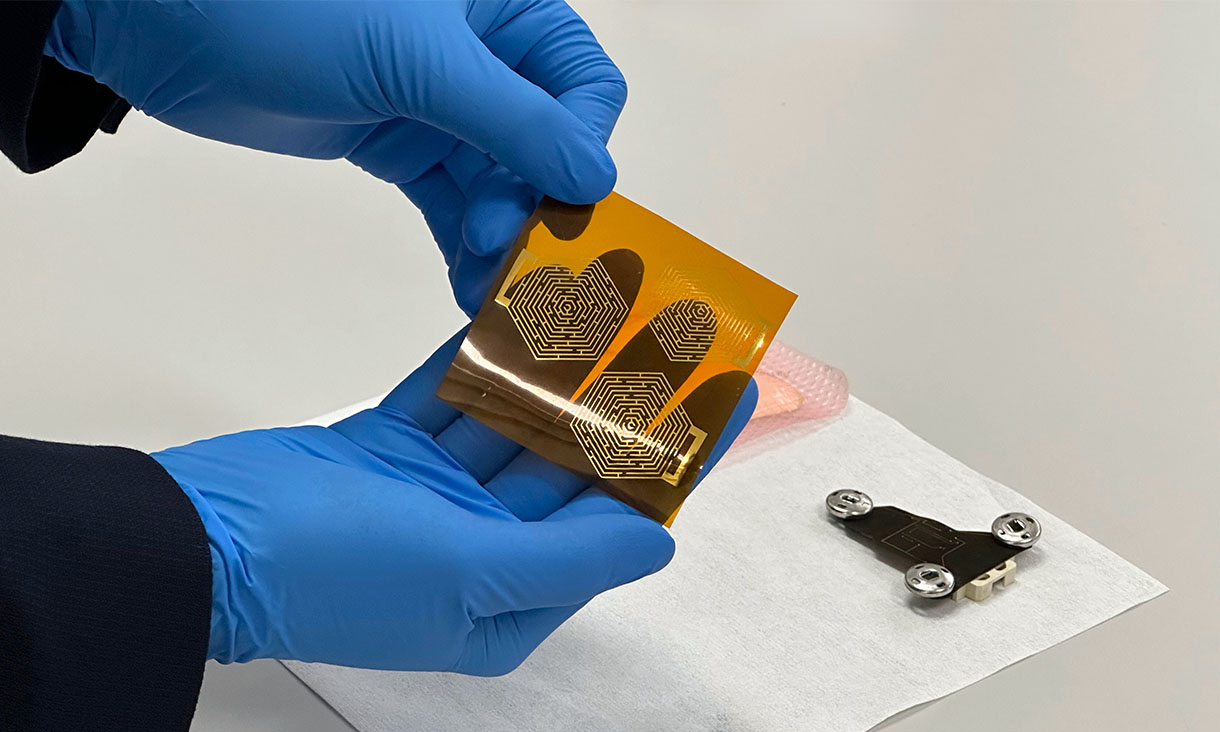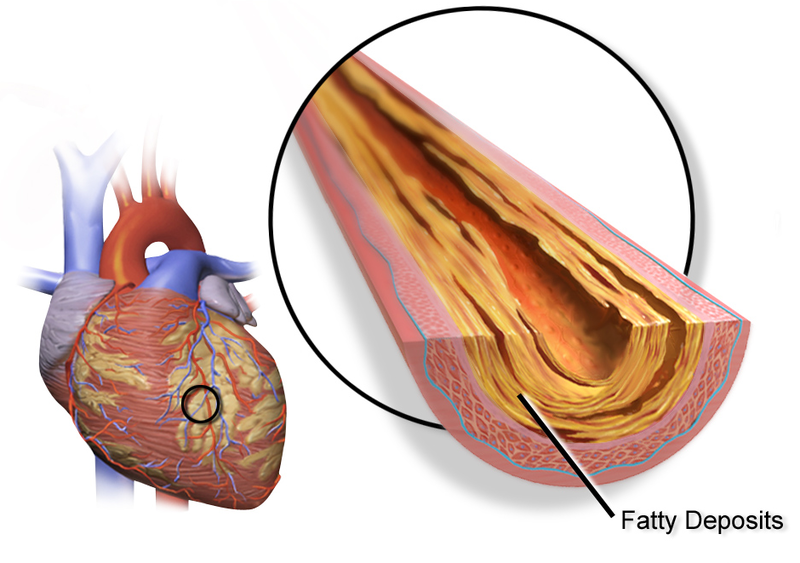Enhancing Comfort and Precision in Heart Monitoring
Researchers at RMIT University have developed a breakthrough in ECG technology—an ultrathin, waterproof, gel-free electrode for continuous heart monitoring. This innovative electrode not only enhances comfort but also reduces skin irritation while maintaining precise measurements of the heart’s electrical activity, outperforming existing market devices.
Cardiovascular disease is a leading global cause of mortality. Cardiologists rely on specialized ECG sensors to swiftly and accurately detect heart issues in patients. These sensors are designed to record the heart’s electrical activity and play a vital role in prompting patients to seek essential medical assistance.
Ongoing ECG monitoring is essential for identifying heart problems such as abnormal rhythms, heart attacks, and angina. However, traditional ECGs involve attaching 12 cold, slimy, gel-coated electrodes to the chest, which can be uncomfortable for patients.
RMIT’s Breakthrough: A Compact, Wireless Solution
The wireless electrodes developed by RMIT University use Bluetooth technology to connect to an ECG machine. They can be applied to unconventional areas, including the back of the neck, providing unique advantages. These dry electrodes offer continuous heart monitoring without the common issues associated with wet electrodes.
Madhu Bhaskaran, a professor at RMIT, commented on the device: “Commercially available wearable ECG devices are typically bulky and heavy, with 12 ‘wet’ electrodes connecting the patient to the device. In contrast, the RMIT invention can fit in the palm of your hand, featuring just three ‘dry’ electrodes that are almost invisibly thin, capable of sensing even the slightest signals of a distressed heart, and they can be recycled. Wet electrodes are uncomfortable, dry out over time, and are known to cause skin irritation. The RMIT device efficiently captures the heart’s activity, whether the user is at rest or experiencing stress.”
These dry electrodes are seen as valuable tools for remote healthcare, ambulatory care, and preventive medicine. Furthermore, they have the potential to be integrated into wearable fabrics for extended cardiac monitoring.







